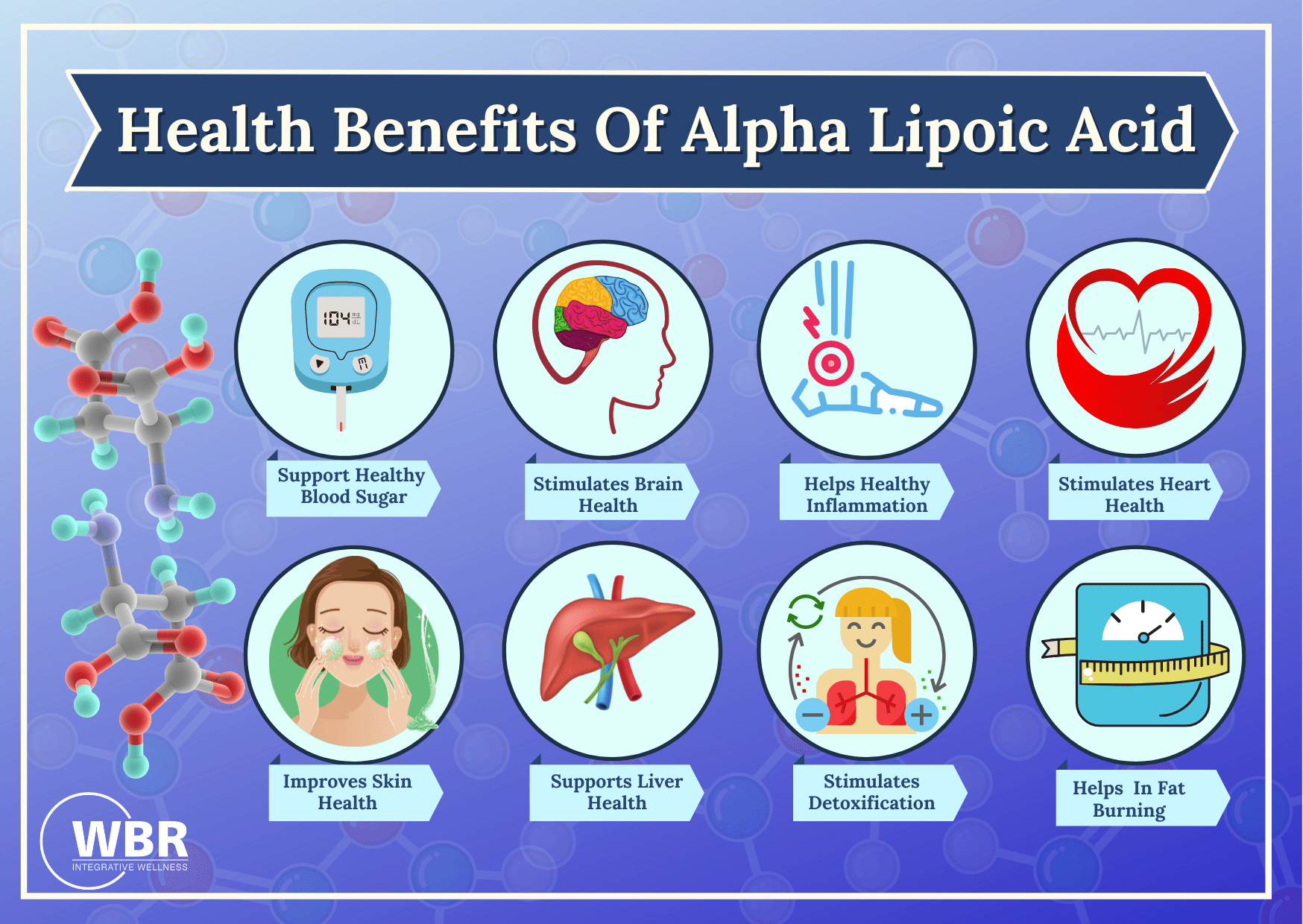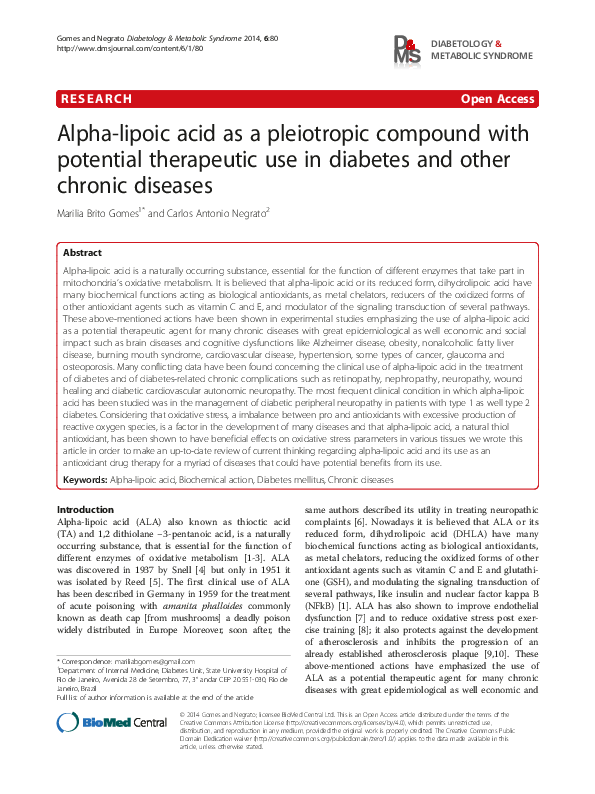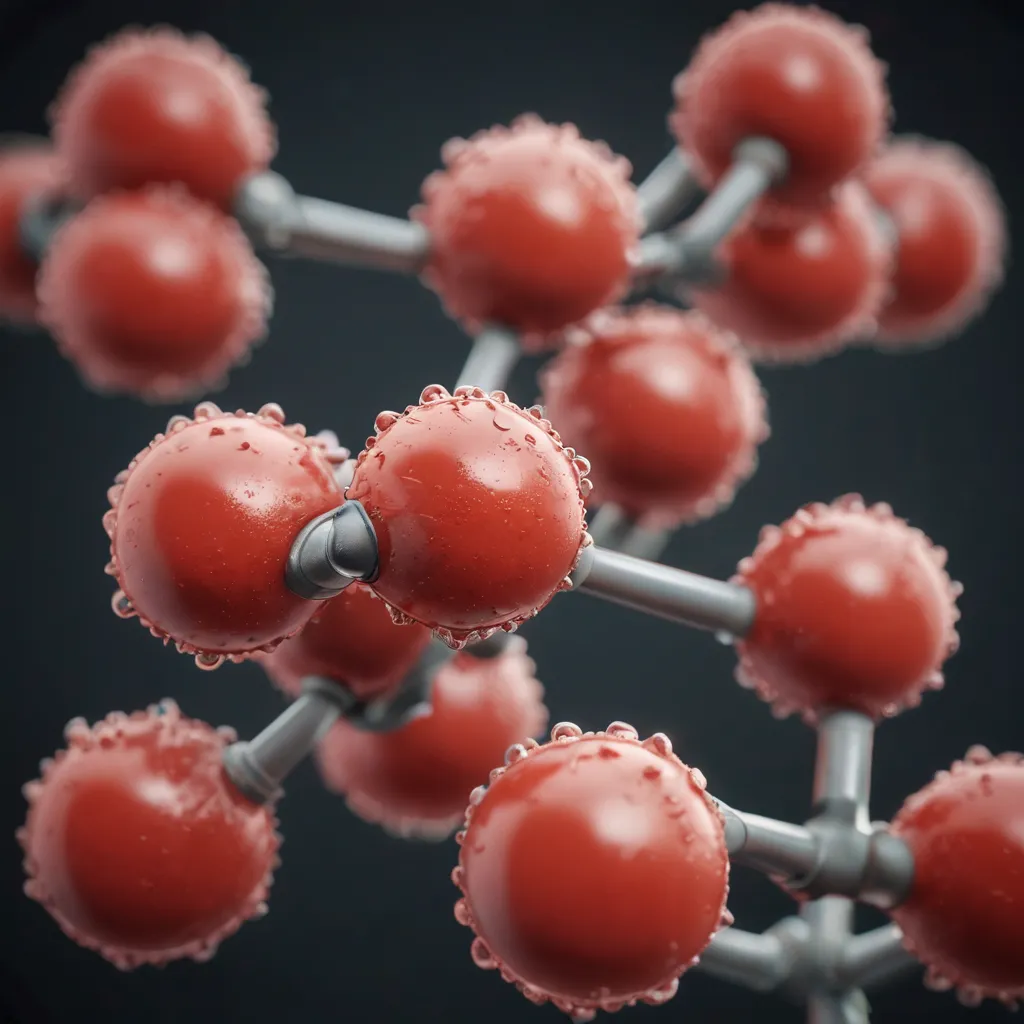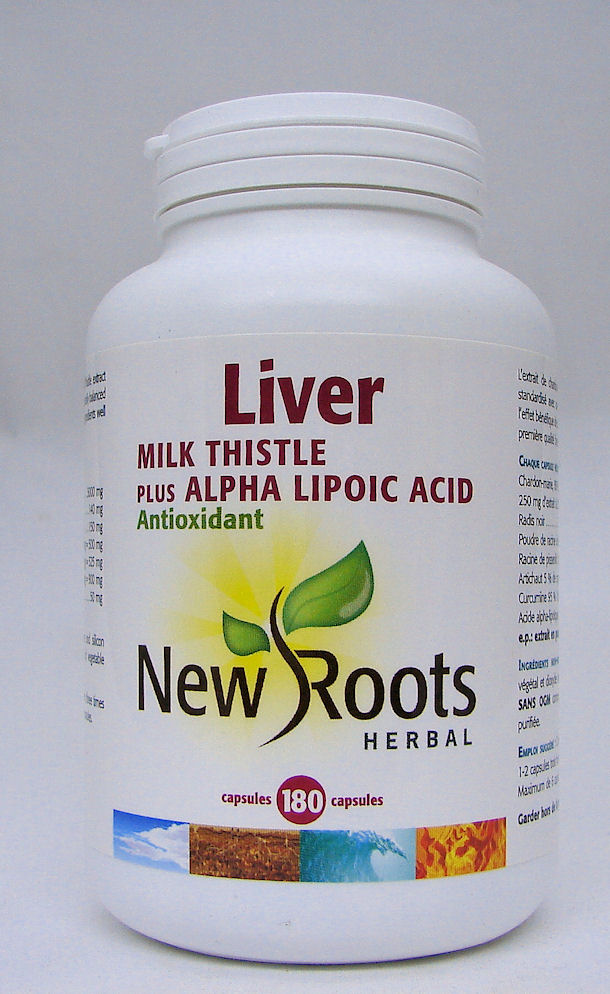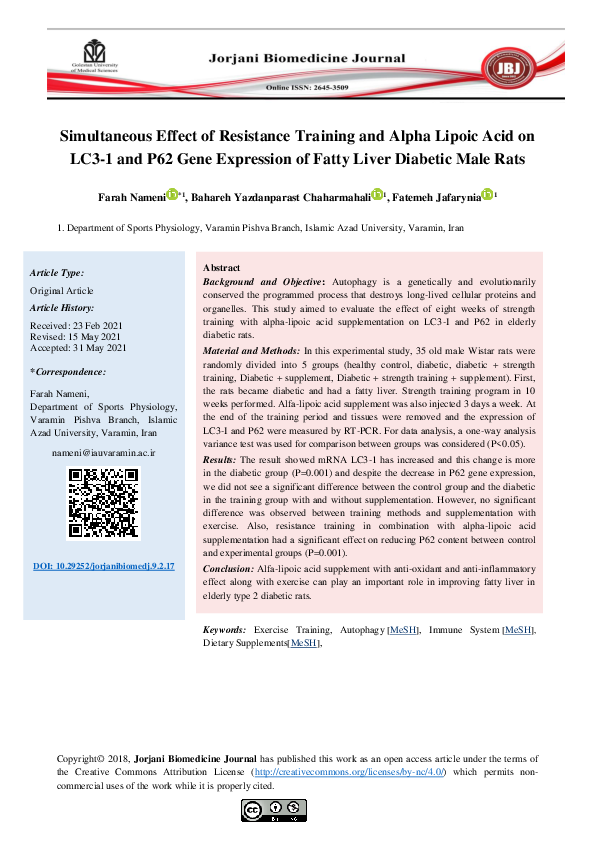Alpha Lipoic Acid And Fatty Liver
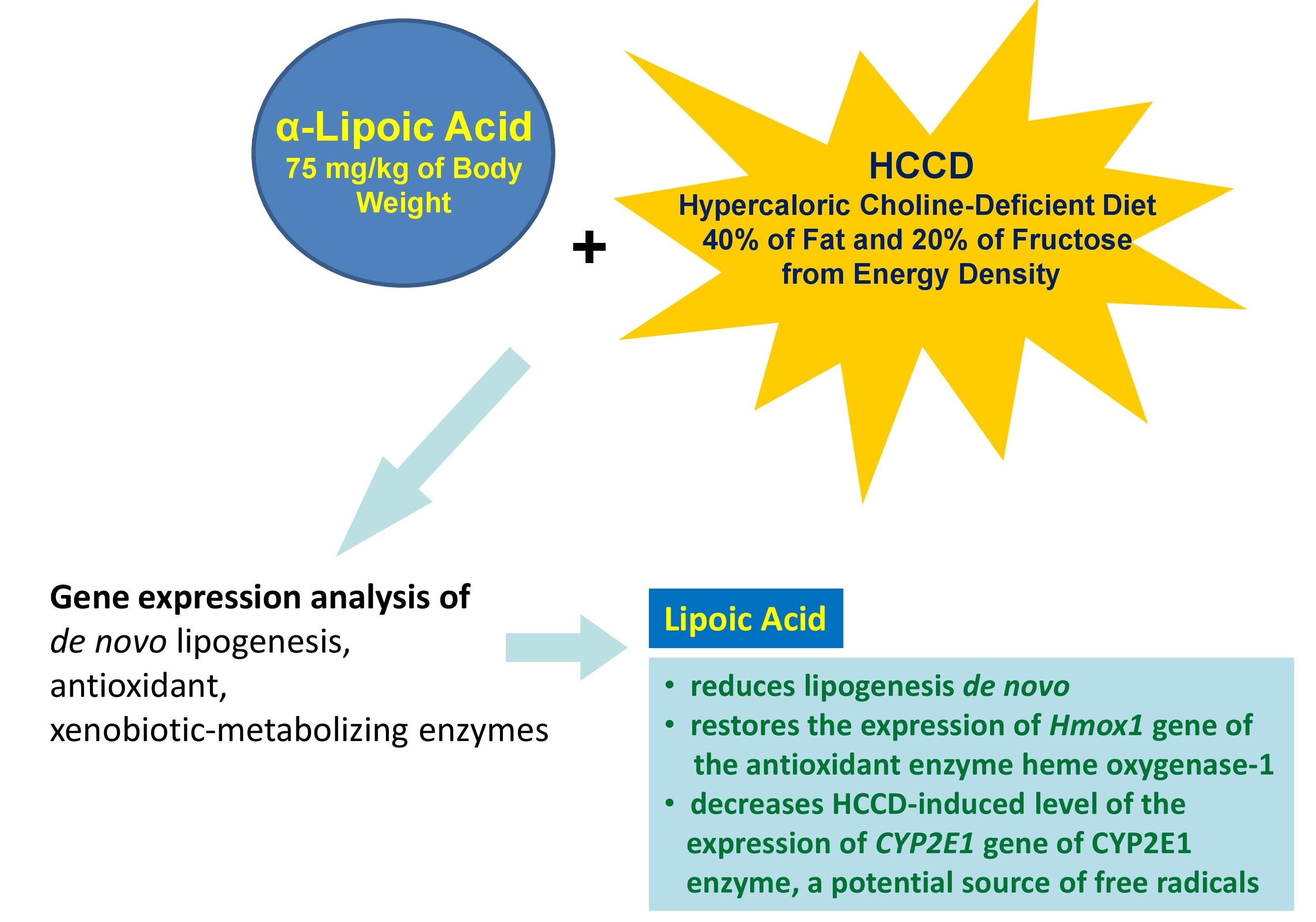
The aroma of freshly brewed herbal tea filled the sun-drenched kitchen as Maria carefully measured out her daily dose of supplements. Years of struggling with fatigue and vague abdominal discomfort had led her down a winding path of doctor visits and lifestyle changes. Now, she felt a glimmer of hope, a sense that she was finally taking control of her health, armed with knowledge and a tiny capsule containing alpha-lipoic acid (ALA).
This journey reflects a growing interest in natural compounds like ALA as potential allies in the fight against non-alcoholic fatty liver disease (NAFLD), a condition affecting millions worldwide. While not a magic bullet, research suggests that ALA, with its potent antioxidant and anti-inflammatory properties, could offer a valuable piece in the puzzle of managing and potentially mitigating the progression of this prevalent liver ailment.
Understanding Fatty Liver Disease
Non-alcoholic fatty liver disease (NAFLD) is a condition characterized by the accumulation of excess fat in the liver of individuals who consume little to no alcohol. It's a spectrum, ranging from simple steatosis (fatty liver) to non-alcoholic steatohepatitis (NASH), which involves inflammation and liver cell damage. NASH can eventually lead to cirrhosis, liver failure, and even liver cancer.
The rise of NAFLD mirrors the increasing prevalence of obesity, type 2 diabetes, and metabolic syndrome. These conditions create an environment where the body struggles to process fats efficiently, leading to their build-up in the liver. Lifestyle factors, such as a diet high in processed foods and a sedentary lifestyle, further exacerbate the problem.
Early stages of NAFLD often present with no noticeable symptoms, making early detection challenging. As the disease progresses, individuals may experience fatigue, abdominal discomfort, and elevated liver enzymes detected in blood tests. A definitive diagnosis often requires imaging studies like ultrasound or MRI, and sometimes a liver biopsy.
The Promise of Alpha-Lipoic Acid (ALA)
Alpha-lipoic acid (ALA) is a naturally occurring compound found in every cell in the body. It plays a crucial role in energy production, helping convert glucose into energy. But ALA's real power lies in its potent antioxidant properties, capable of neutralizing harmful free radicals that contribute to inflammation and cellular damage.
Unlike some antioxidants that are either water-soluble or fat-soluble, ALA is both. This unique characteristic allows it to work throughout the body, protecting cells from oxidative stress in various tissues, including the liver. This broad-spectrum antioxidant activity is particularly relevant in NAFLD, where oxidative stress is a key driver of disease progression.
Beyond its antioxidant effects, ALA also possesses anti-inflammatory properties. Chronic inflammation is a hallmark of NASH, contributing to liver cell damage and fibrosis. By reducing inflammation, ALA may help slow down the progression from simple steatosis to the more severe NASH.
Scientific Evidence: ALA and Liver Health
Several studies have explored the potential benefits of ALA in managing NAFLD. A 2019 meta-analysis published in the World Journal of Gastroenterology, which pooled data from multiple randomized controlled trials, suggested that ALA supplementation may improve liver enzymes, insulin resistance, and even reduce liver fat content in patients with NAFLD.
Another study published in the journal Hepatology found that ALA supplementation, combined with lifestyle modifications, led to a greater reduction in liver fat and improved markers of liver health compared to lifestyle modifications alone. These findings suggest that ALA could be a valuable adjunct therapy in managing NAFLD.
It's important to note that while these studies are promising, more research is needed to fully understand the optimal dosage, duration, and long-term effects of ALA supplementation in NAFLD. Larger, well-designed clinical trials are crucial to confirm these initial findings and establish clear guidelines for ALA use.
How ALA Works: A Deeper Dive
The mechanisms by which ALA exerts its beneficial effects on the liver are multifaceted. Firstly, its antioxidant activity helps to combat oxidative stress, protecting liver cells from damage caused by free radicals. This is especially important in NAFLD, where increased oxidative stress contributes to inflammation and liver cell injury.
Secondly, ALA has been shown to improve insulin sensitivity. Insulin resistance is a major driver of NAFLD, leading to increased fat accumulation in the liver. By enhancing insulin sensitivity, ALA can help reduce liver fat and improve glucose metabolism.
Finally, ALA can modulate inflammatory pathways, reducing the production of inflammatory cytokines that contribute to liver damage. By dampening inflammation, ALA may help prevent the progression of NAFLD to NASH and more advanced stages of liver disease.
Incorporating ALA into a Holistic Approach
It's crucial to remember that ALA is not a standalone cure for NAFLD. It's best viewed as one component of a comprehensive approach that includes lifestyle modifications, such as diet and exercise. A healthy diet, low in processed foods and saturated fats, is essential for reducing liver fat and improving overall metabolic health.
Regular physical activity, even moderate exercise like brisk walking, can significantly improve insulin sensitivity and reduce liver fat. Aim for at least 150 minutes of moderate-intensity exercise per week. Maintaining a healthy weight is also critical, as obesity is a major risk factor for NAFLD.
Consulting with a healthcare professional is essential before starting any new supplement regimen, including ALA. They can assess your individual needs, determine the appropriate dosage, and monitor for any potential side effects or interactions with other medications.
Navigating the Information Landscape
The internet is awash with information about natural remedies for various health conditions. It's crucial to be discerning and rely on credible sources of information. Look for evidence-based information from reputable organizations, such as the National Institutes of Health (NIH) and the American Liver Foundation.
Be wary of exaggerated claims or miracle cures. Natural compounds can be helpful, but they are not always a substitute for conventional medical treatment. Always discuss any concerns about your health with a qualified healthcare professional.
Remember, every individual is unique, and what works for one person may not work for another. Personalized advice from a healthcare professional is essential for developing a safe and effective treatment plan for NAFLD.
A Glimmer of Hope
The story of Maria and the growing body of research surrounding ALA and fatty liver paints a hopeful picture. While NAFLD presents a significant health challenge, the potential of natural compounds like ALA, coupled with lifestyle modifications, offers a path towards improved liver health and overall well-being.
This isn't about finding a quick fix, but rather about embracing a holistic approach to health. It's about empowering individuals to take control of their health, armed with knowledge, and guided by the expertise of healthcare professionals.
The journey to better liver health may be a marathon, not a sprint. But with persistence, informed choices, and the support of a healthcare team, the prospect of a healthier, more vibrant life is within reach.
